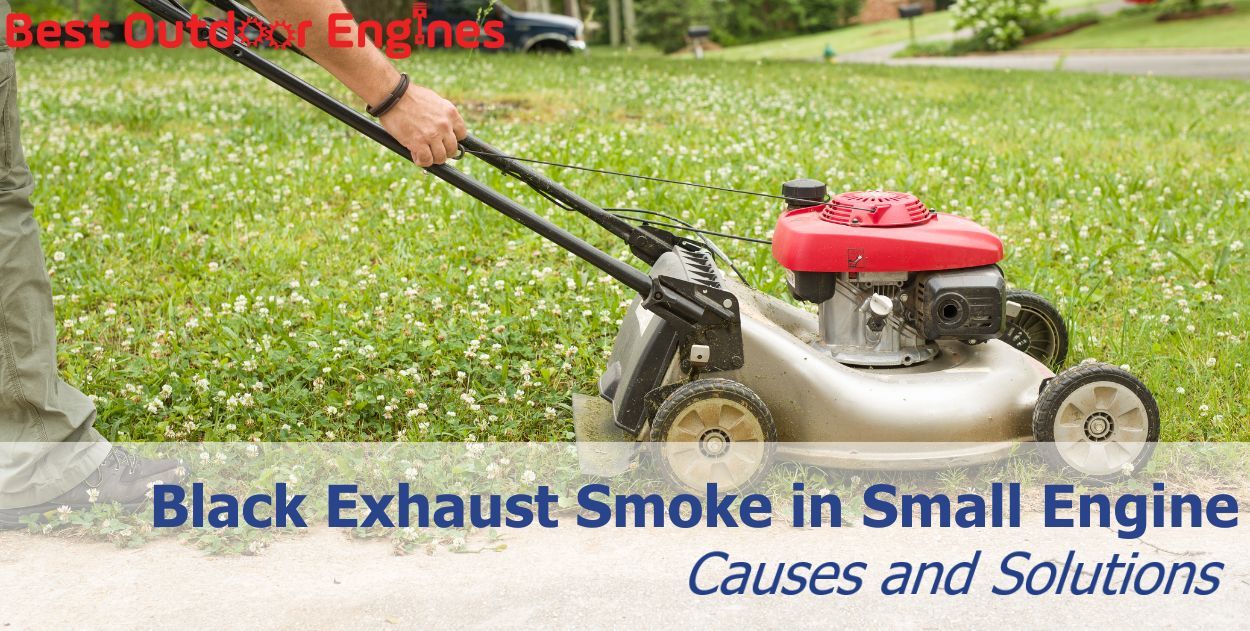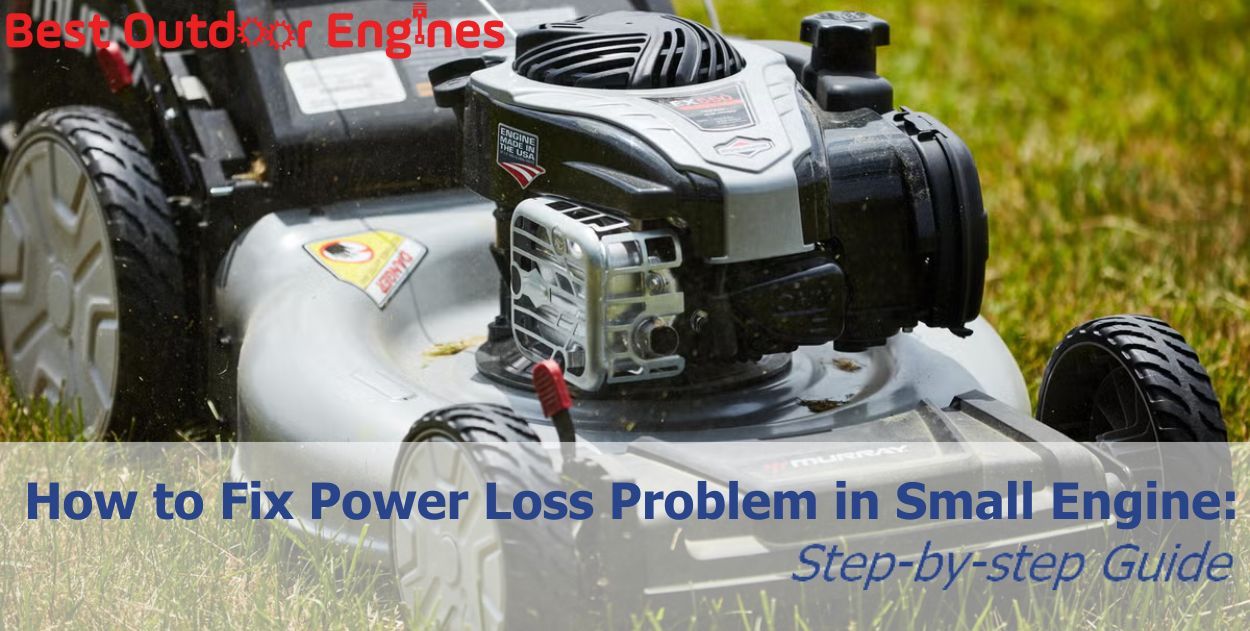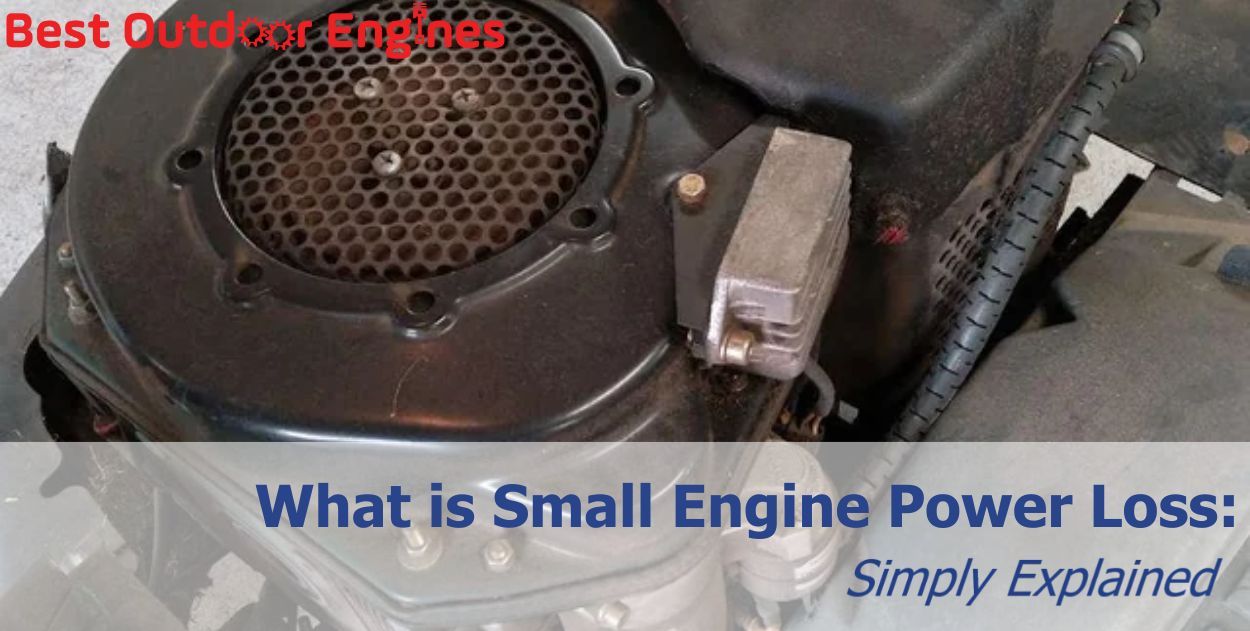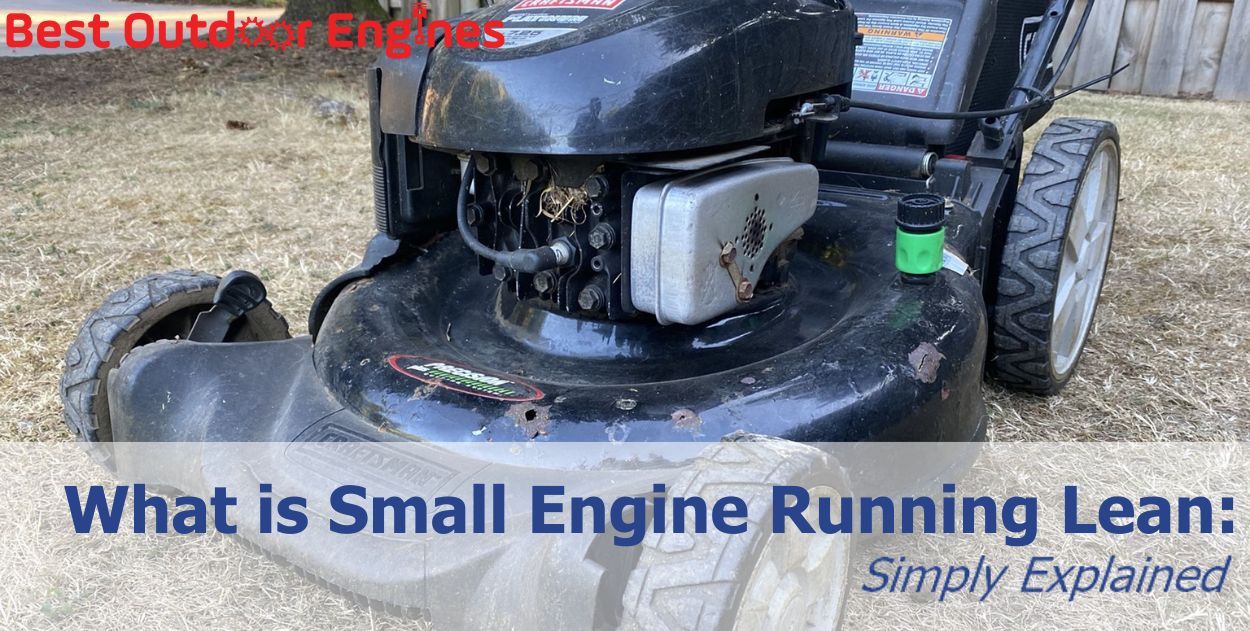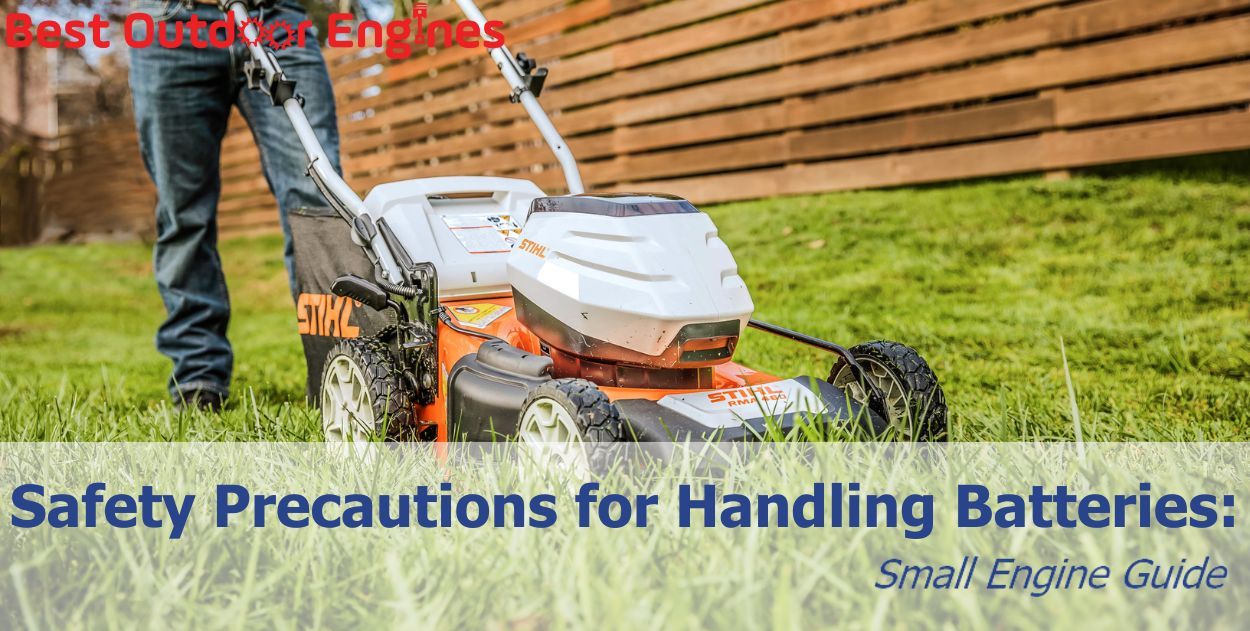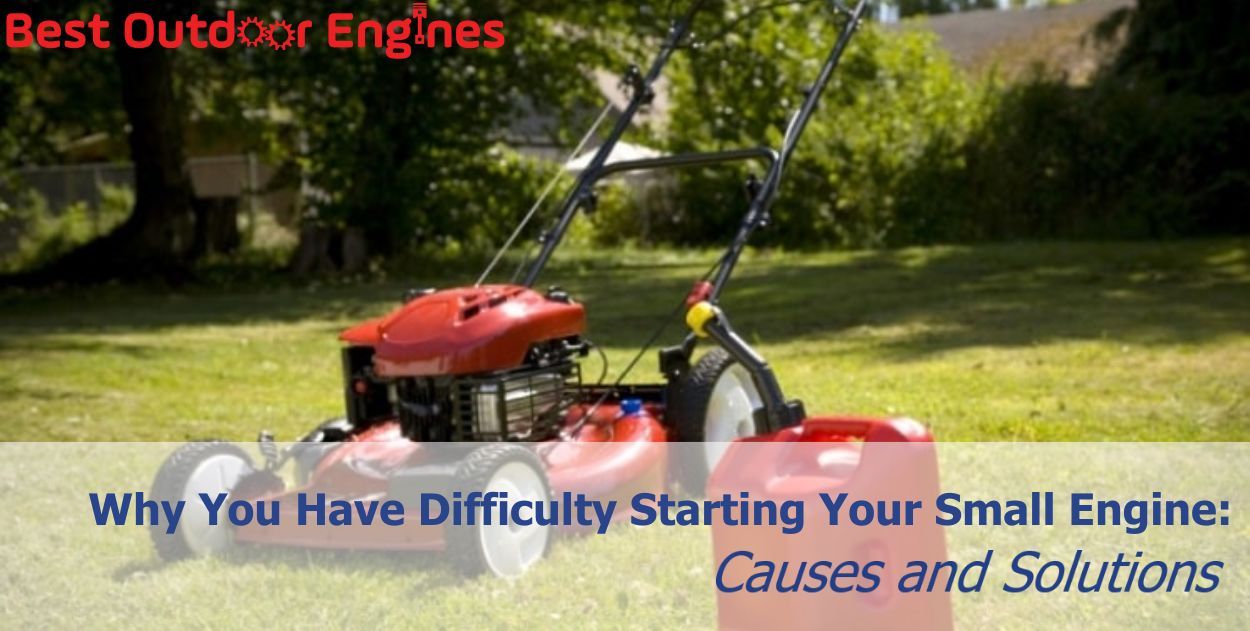How to Maintain Power for Small Engines: Essential Tips
Maintaining power in small engines is crucial for their efficiency and longevity. Each small engine has a certain range of power and the ideal usage for it. Learn how you can identify and maintain the power level of your small engine to keep your small engine running smoothly.
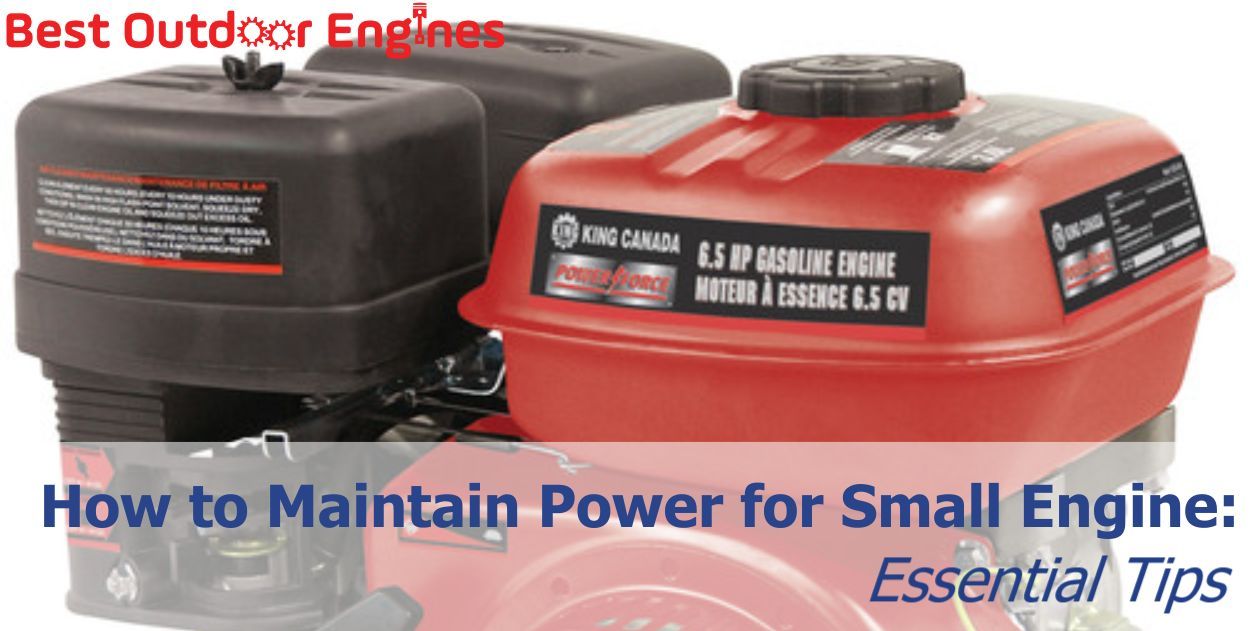
Keep Your Small Engine Use at the Right Range of Power!
Yes, a weak engine may sometimes not do the work, but a small engine that is too powerful can waste excessive fuel. To maintain power for small engines and ensure efficient operation, it’s important to start with the right type of engine for your needs. For example, if you regularly mow your lawn and your garden is at the back of the house (where there may be little dust), consider a lawn mower with a power level sufficient for the job. On the other hand, if your garden frequently has tall grass and dusty conditions, a lawn mower with slightly higher horsepower would be a better choice.
For professional gardeners who rely on small engines daily, investing in a high-power generator or engine is ideal for handling all types of gardens and tasks. The same logic applies to other small engine devices—always evaluate how often you use them, where you use them, and what you use them for to keep your small engines running efficiently.
The next thing to focus on is the fuel system. Your engine relies entirely on fuel, and its ability to perform at full power depends greatly on the quality and type of fuel you provide.
Use Fresh, High-Quality Fuel:
There is no further need to emphasize how important fuel quality is in establishing small engine power. If your small engines are stored or left for long periods of time, fuel can easily go bad. Older or tainted fuel may also lead to poor burning, which will in turn make the small engines operate poorly. This will eventually pull down their operating capability and make the small engine lose power. For this purpose, treat yourself with better fuel regularly and do not let it get old in the small engine. If the engine is going to be left unused for an extended period, try using a fuel stabilizer by mixing it in the tank.
Regularly Inspect and Replace Fuel Filters:
These are fuel filters that are meant to cater for the impurities present in the fuel and protect the engine when it comes to fuel’s use. The dirt and waste that filter ligation systems are able to trap also gets full and highly polluted which leads to restriction of fuel course and therefore a fracture in fuel ratio enhancing low engine power. It is further advisable which lets the concept configuration take techniques of displacement by opening the retained engine design to their assisting filters if ever needed to prevent undue fuel wastage. Fulfillment of this requirement would ensure that power loss does not set in due to clean uninterrupted filtration of clean fuel into the engines.
Overhauling and Tuning of the Carburetor:
A carburetor is an engine component that serves to mix air and fuel in the correct proportion required for combustible reaction. A power loss could result from disruption of this mixture when the carburetor is clogged or set wrongly. The interior and exterior surfaces of the carburetor must be cleaned to get rid of dirt, varnish and other deposits on the surfaces especially if the appliance is likely to be used on a regular basis. Also, tuning the carburetor, as per the guidelines, can avoid wrong miscibility of the air fuel mixture in the engine, which holds great importance in preserving the power.
Prevent Depletion of Air Filters:
Air filters are responsible for preventing in-smoke combustion chamber dust, dirt and particles. Unfortunately, when these filters get filled to capacity, there is a decrease in the amount of air, which causes the fuel mixture to be overly rich and hence, may lower productivity from the engine. It also helps to regularly check the air filter, clean it, or change it in your small engine to keep clean air circulation within it for proper combustion to occur. The air filters need to be clean air permits the engine to function thus clean air exhausts energy performance.
Secure that no obstructions in the air Intake:
It is of the utmost importance that the air intake system is free from any form of obstruction, otherwise, the average air that goes into the engine will not get to the engine as it should be. Air intake that is choking happens when the engine is going to experience a great reduction in its powering rate; the engine is suffocated due to lack of air. The air intake system is also good to be checked regularly for any form of debris, dirt or obstruction. It is essentially these kinds of blockages that one should clear in order to ensure and maintain proper air to the engine at all times. This will help the engine to operate at the maximum possible level.
Check and change Spark Plugs:
Spark plugs are very vital in the ignition system since their primary function is to ignite the gasoline and air mixture present in the cylinder of the engines. Defective and aged spark plugs induce disturbances in the speed of the engine by causing combustion problems which in return results in the loss of power. Because of the need to provide power consistently, Spark plugs wear out and therefore it becomes necessary to check on them with particular focusing on the insulator for erosion, carbon build-up, or other forms of fouling. In any case where the spark plugs border on the foul side, they are to be changed so that optimal energy may be produced – the energy used in combustion hence maintaining optimum horsepower of the engine.
Test and Maintain Ignition Coils:
The ignition coils create a primary voltage that is necessary for triggering the spark plug. When this sub-system does not function properly, even a good ignition coil can have sparks that are weak and ineffective. Test the ignition coils often in order to confirm their efficiency. If it is confirmed that one of the ignition coils is weak, and its spark is insufficient, bold action should be taken to eliminate it, reinforcing the engine inhaler.
Check and Adjust Ignition Timing:
The ignition system needs to be correct in firing up for the complete combustion without any losses in output power. Poorly timed ignition normally ends up in occurrence of misfire situations or incomplete cycles thereby power output suffers. Use timing lights to check the ignition timing from time to time and if slight adjustments are needed, carry them out. Having the right timing when firing spark plugs guarantees maximum power production from the engine when the spark plugs fire at the correct timing.
To maintain the power of small engines, care has to be taken in carrying out routine maintenance, repairing where need arises and in storing the equipment properly. When it comes to the performance of the engine, the particular attention to such systems as the fuel system, the air supply, the ignition components, and mechanical maintenance allows this performance to be ensured. Watching for the performance opportunity for other people, developing a maintenance schedule, and carrying out repairs whenever such becomes apparent are some of the measures that will ensure efficiency in the performance of the engine.
1. How frequently should I carry out my routine maintenance on my small engine?
There are guidelines on how often regular maintenance has to be done within normal operations, and in most of them it is done after 25-50 hours of work or during the start of each season. Having such practices such as thorough inspection, timely change of the filters or the spark plugs will help in avoiding a loss of the power and maximizing the efficiency.
2. What fuel do you recommend for use in a small engine?
When operating a small engine, use new fuel of the specified octane rated fuel used by the manufacturers. As much as such engines are powerful, if they are going to be kept for a long time then it is advisable to pour some fuel stabilizers in the fuel so that this does not age.
3. How can I say when my spark plugs are in need of change?
One form of inspection of the spark plugs has a purpose of checking the wear and tear of certain components like erosion or carbon deposits or fouling. If any cases of misfire occur, the engine is reluctant to start up or cannot maintain its power then replacement of the spark plugs should be done. These components must however be checked regularly as their condition will determine the effectiveness of the engine starting system.
4. What are the indications of an air filter that has become blocked and how frequently should it be changed?
A clogged air filter can be characterized by low acceleration of the car, higher gas mileage and trouble with engine start. Air filter elements should be checked periodically, and definitely every other season, more frequently if working with high dusting or with contaminated environments.
5. Will my engine lose power if the carburetor is not cleaned?
Yes, it is true that if a carburetor is dirty or defective to work it will upset the fuel and air mixture resulting in the combustion being incomplete hence power being lost.

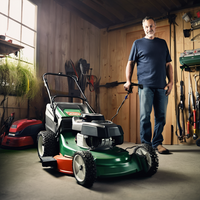
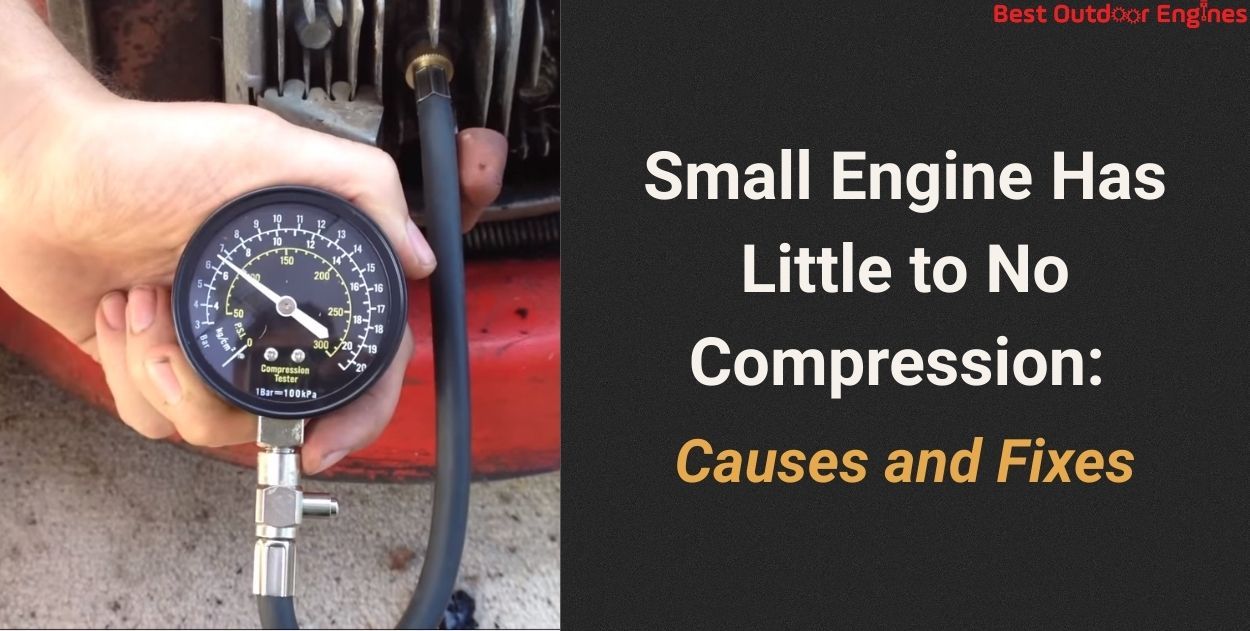
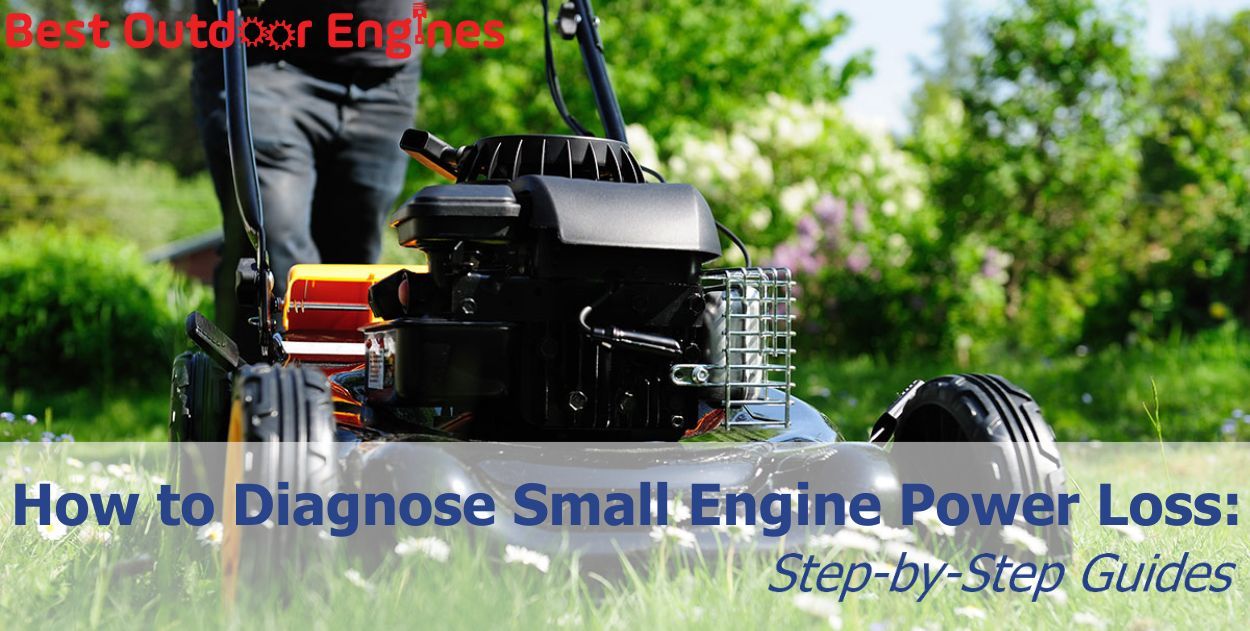

.jpg)
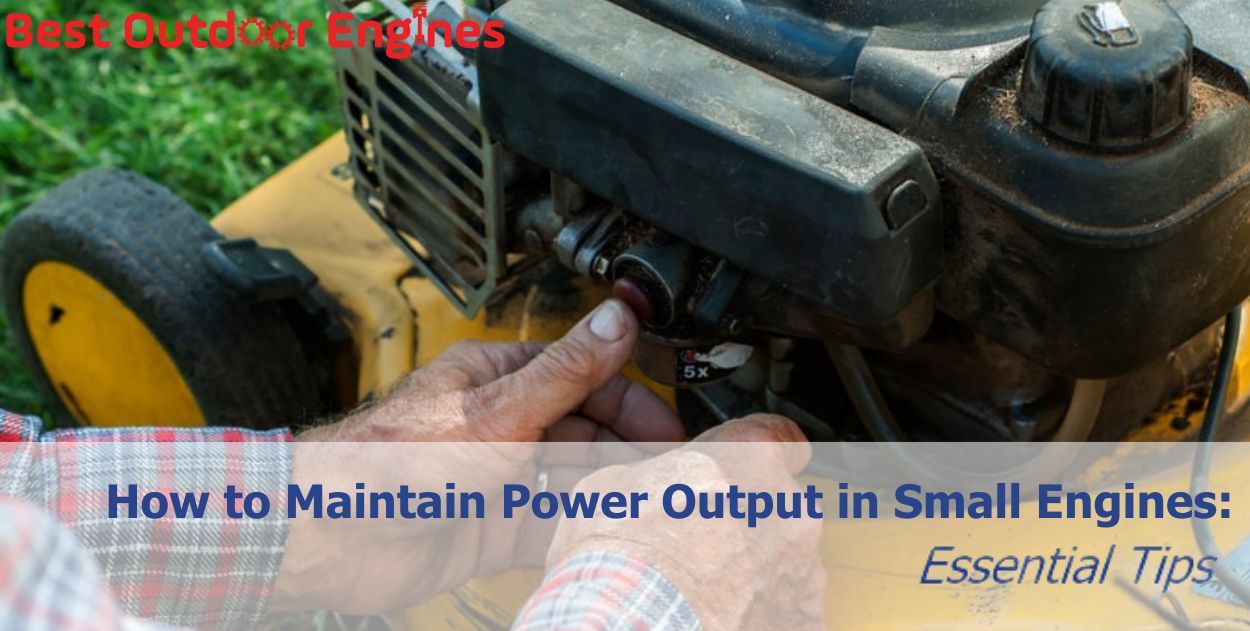
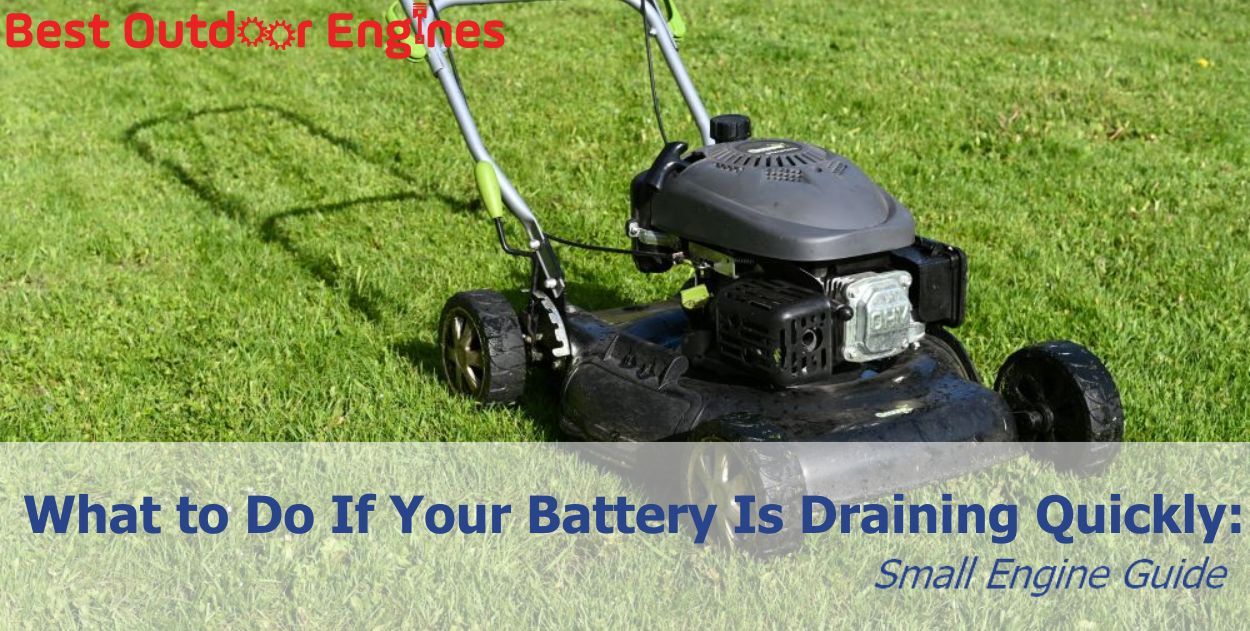
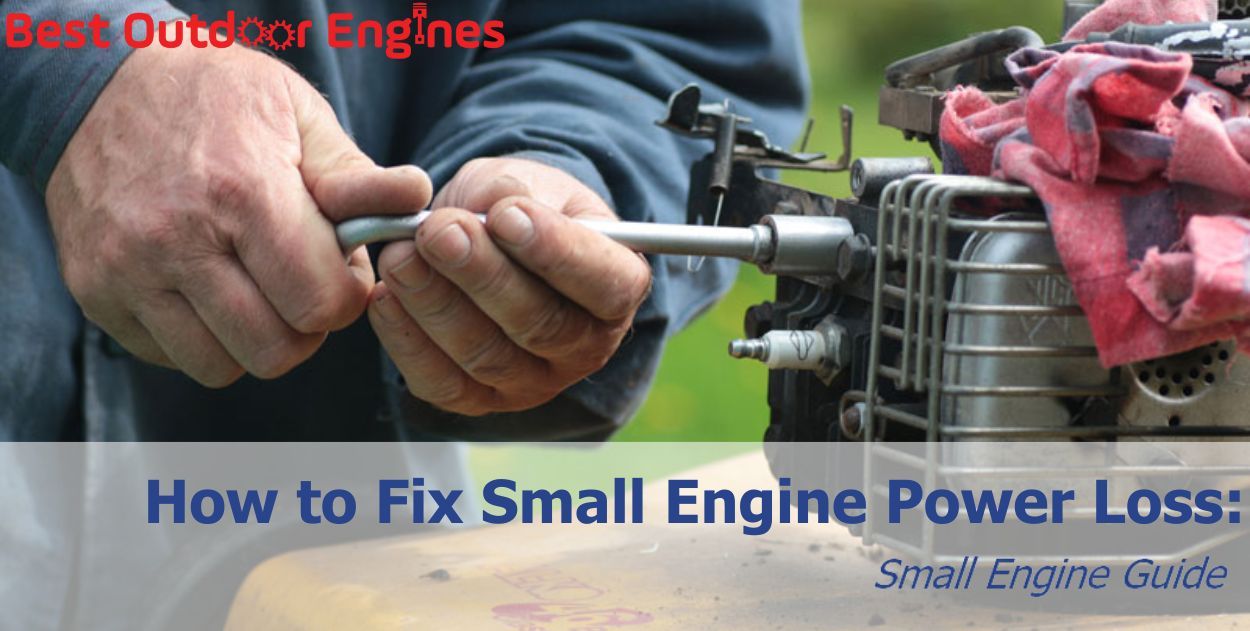
.jpg)

